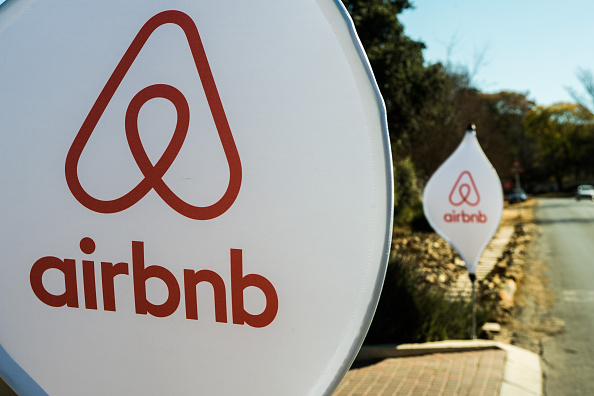Potential rules for licensing short-term rentals in Toronto were finally put to paper after city staff released new recommendations on Wednesday.

“We approached this work really looking at a set of principles,” Tracey Cook, executive director Municipal Licensing and Standards said.
“How does the city balance the various competing interests that people have who want to participate in short-term rentals, both from a visitor and from a provider.
“When we approached the regulation, it was about being permissive to allow people to rent homes for short periods, but being very mindful that we need to mitigate the impacts that can occur in our neighbourhoods,” she said.
Recommendations include a new land-use definition which permits rentals that are less than 28 days, however, they would only be permitted in the city if the rental is a principal residence.
“They will be permitted in any residential zone or in the residential component of a mixed-use building,” Gregg Lintern, the city’s acting chief planner said.
“Within that zoning provision that staff are suggesting, people could rent on a short-term rental basis up to three rooms.”
A secondary report from licensing and standards said rental companies and operators would also have a number of rules that they would need to comply with.
The proposed rules include a cap of 180 nights a year for rentals of an entire dwelling, but for those looking to rent out a portion of their principal residence, there will be no such limit.
READ MORE: Ontario family shocked to discover Airbnb renters using basement to distribute drugs
Operators would also be expected to pay a $50 annual registration fee to be paid to the city.
“What we have attempted to strike is a balance of permitting people to use their properties for short-term rental purposes where they are sharing and it’s allowed some flexibility for them to use their properties as short-term rentals when they are away on vacation for a period of time,” Cook said.
“But at the same time, it maintains the integrity of our residential neighbourhoods and the availability of housing for folks in the city that is needed.”
For short-term rental companies like Airbnb, a one-time licence application fee of $5000 is suggested in the recommendations and an additional $1 licensing fee would be paid for each night booked through the company.
READ MORE: Airbnb partners with downtown condo in first-of-its-kind short-term rental agreement
According to the report, the cost to enforce the proposed bylaw would be approximately $1.17 million for five full-time staff, but the cost would be covered by fees gathered from registration and licensing.
“The financial structure of this with the fees we are proposing from a licensing and registration perspective would offset the cost of any additional administration and enforcement,” Cook said.
According to the report, in 2016, 988,378 nights were rented through Airbnb and 24,391 nights were rented through Expedia.
“We are not trying to create a bureaucracy,” Cook said.
“We are not trying to create a system of red tape. We want it to be appropriate and sufficient to address the issues we need to address. ”
Shortly after the reports were released, Mayor John Tory released a statement that said the city has an “obligation to deal with these emerging technology issues.”
READ MORE: Canadian cities mulling over different approaches to regulating Airbnb, home-rental platforms
“City staff have consulted with the public and stakeholders to draft these proposed regulations that will now be considered by both the licensing and standards and planning and growth committees. I expect there will be much debate at these committees and possible further refinement of these regulations,” the statement said.
Both zoning and licensing recommendations will be voted on at the Planning and Growth Management Committee on Nov. 15 and the Licensing and Standards committee on Nov. 16, respectively.
They are expected go to city council in December.




Comments